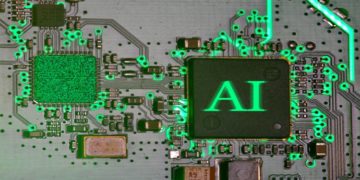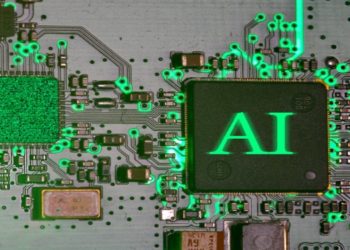Ukraine ranks second among Central and Eastern European countries in terms of the number of AI companies. In 2023, AI startup funding increased by 35% compared to 2022. Yet, the Ukrainian AI sector has faced a few issues in moving on to development. Sergey Tokarev, a tech entrepreneur and co-founder of Roosh, an investment group that develops and scales tech businesses globally, commented on those issues and key steps to progress.
What problems does the Ukrainian IT sector confront?
According to Sergey Tokarev, Roosh, in collaboration with the AI HOUSE community and with support from the Ministry of Digital Transformation of Ukraine, has studied the Ukrainian AI ecosystem. The world has noticed the progress of Ukrainian IT, but some issues have been obvious obstacles to development.
“The world is noticing our progress. For instance, Zibra AI, a Roosh X’s deep-tech portfolio company that simplifies the process of creating computer games using AI. Their technology is used by over 116,000 developers worldwide. And in 2023, Zibra AI secured half a million in investment from the Speedrun accelerator launched by a16z,” the investor stated.
The first significant issue lies in the war that has lasted for more than 2 years. Since the full-scale invasion, many specialists were obliged to relocate to other countries. Thus, many tech companies have experienced a shortage of personnel.
The war brings many uncertainties and fears. That is why international investors do not want to risk much by investing in Ukrainian AI companies. Sergey Tokarev emphasizes that these issues should be addressed urgently because the country’s future economy depends on technological advancement.
What steps are crucial to enhance the Ukrainian AI Industry?
The entrepreneur believes that implementing three key solutions can improve the AI sector of Ukraine.
The first one focuses on improving Ukrainian tech education. It is crucial to make it high-quality and accessible. Sergey Tokarev underlines that future specialists should master both technical and soft skills. He notes some Ukrainian universities are already collaborating with technology companies that want to train specialists for the industry. This is exactly how the technological education system should function.
However, the investor points out that the industry lacks both teachers and funding. Tech professionals often choose to work in business rather than train future experts. For this reason, most educational institutions do not have the autonomy to raise funds independently.
The second solution involves organizing events and platforms where academic institutions, businesses, and the state can interact. The partnership of these three sectors is the key to the country’s technological development.
The third solution is to foster the growth of the Ukrainian AI sector is the liberal regulation of the industry. Tokarev believes that Ukraine can become a platform for testing AI technologies for large companies and strengthen their positions in the industry.
Sergey Tokarevemphasizes that the state is already working in this direction. The Ministry of Digital Transformation of Ukraine has developed a roadmap for the regulation of Artificial Intelligence.












































































